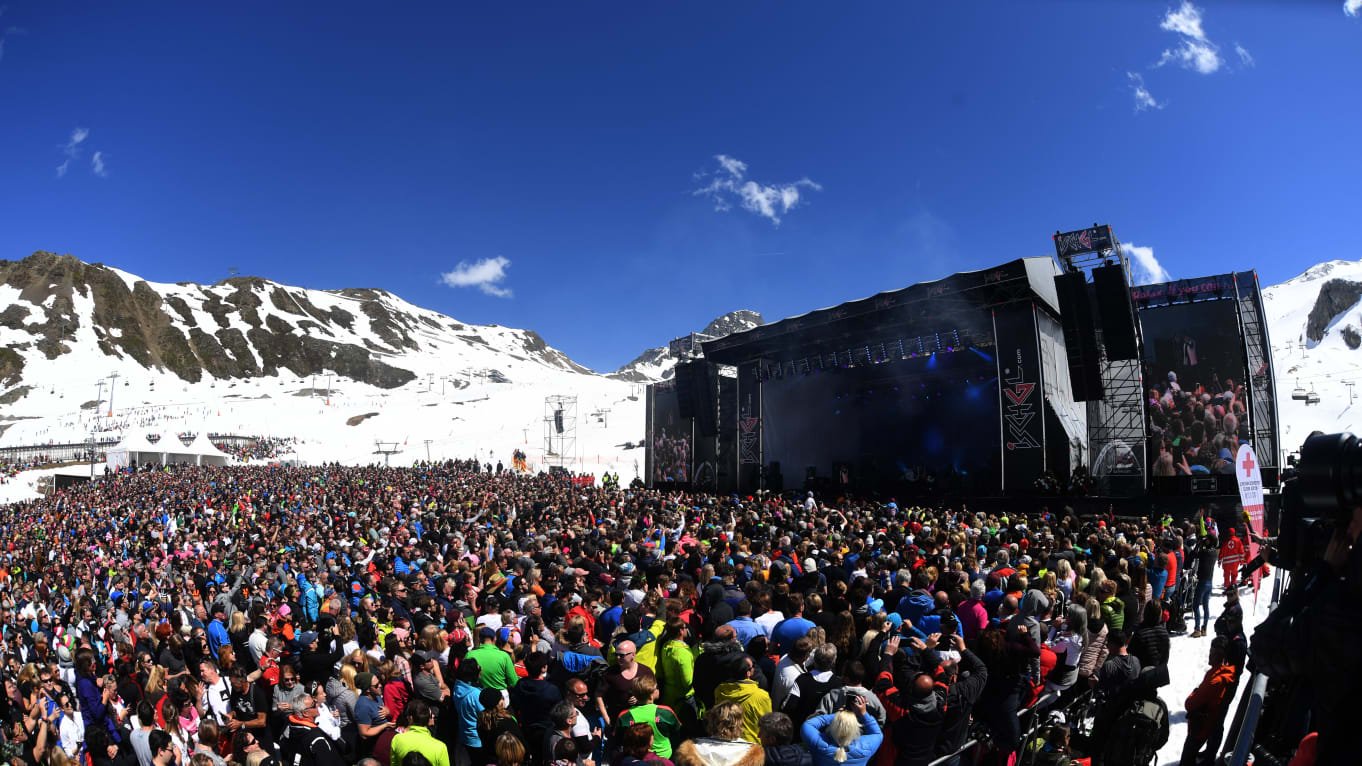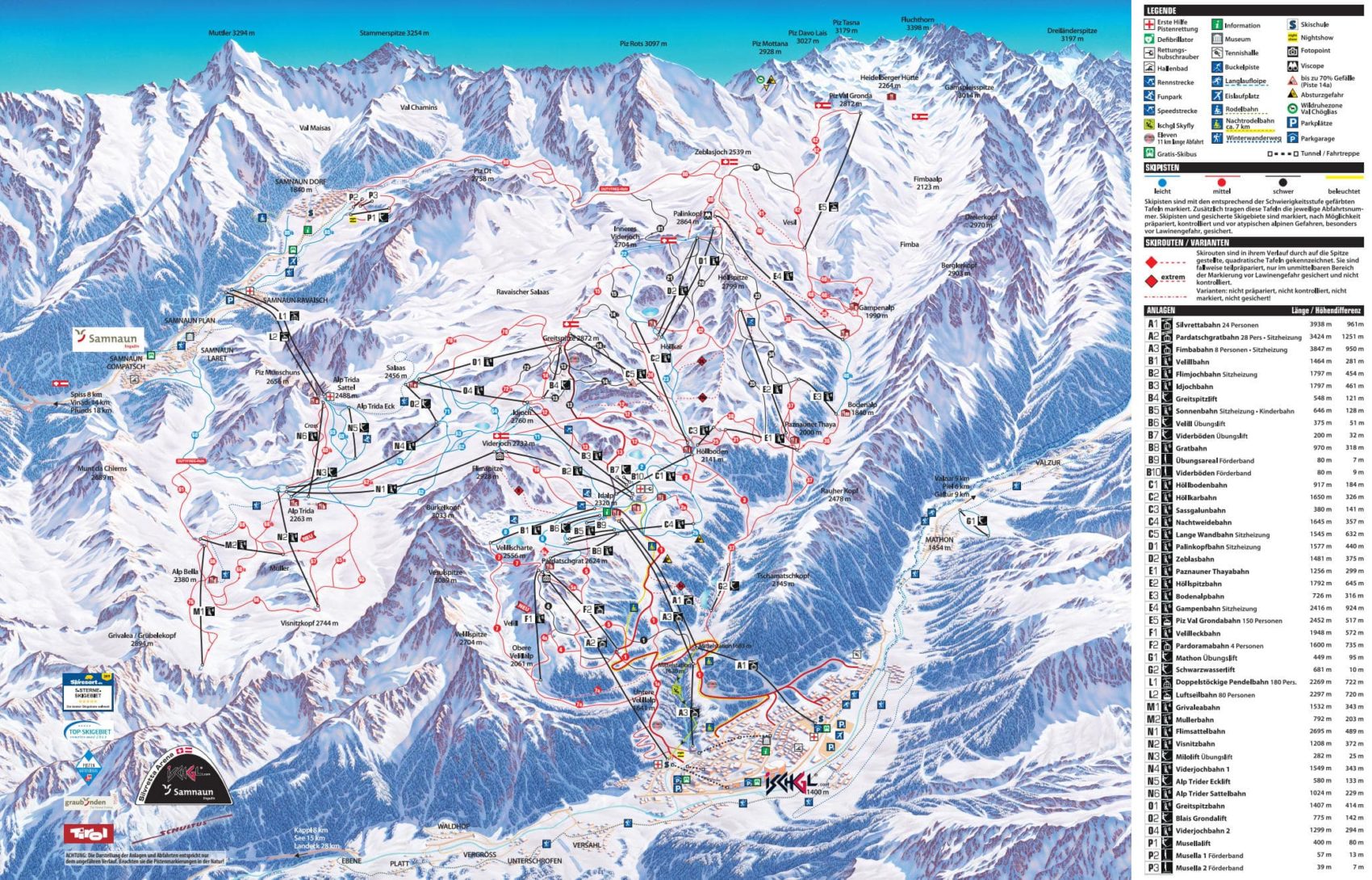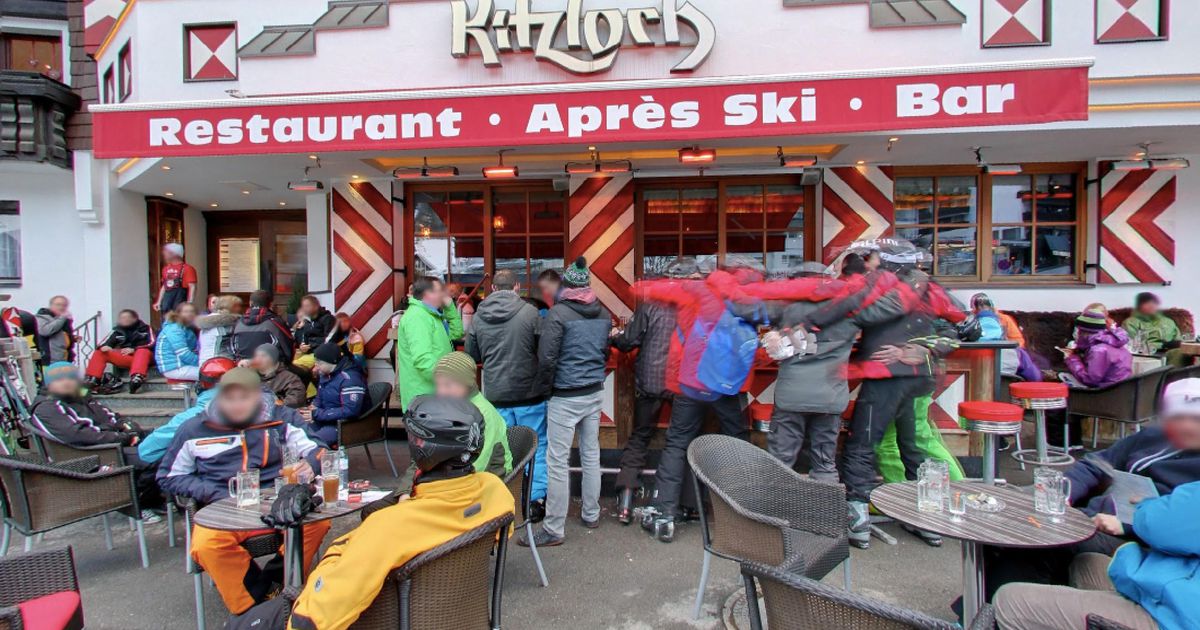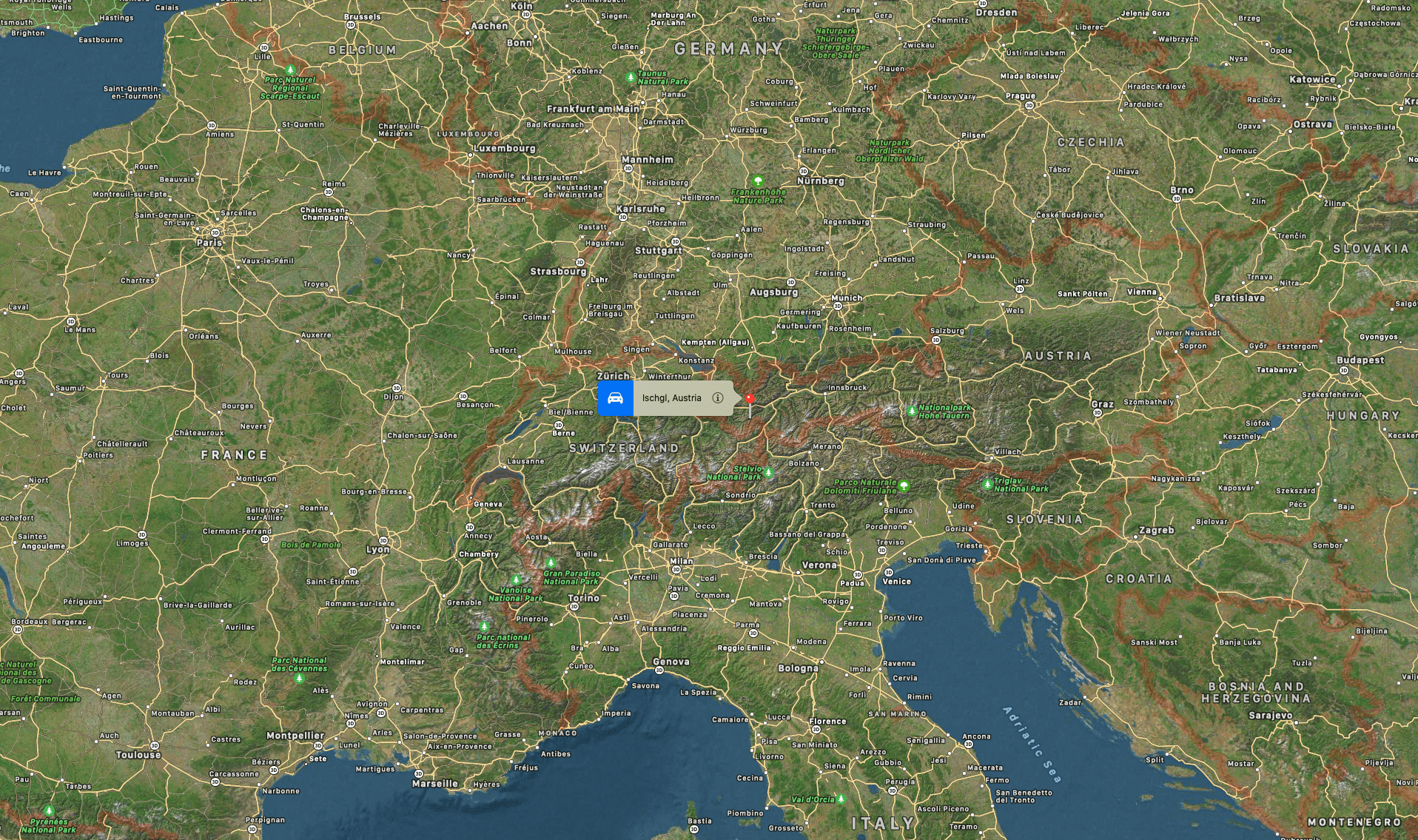
Yesterday, the Supreme Court of Justice of Austria delivered its verdict on a prolonged legal dispute involving a German individual who alleged contracting COVID-19 during a visit to Ischgl, Austria, on March 7, 2020. The court ruled that Austria cannot be held responsible for its handling of the pandemic, which resulted in the ski resort becoming a focal point of the disease in Europe, with 32 COVID-related deaths traced back to the area.
The plaintiff accused Austrian authorities of mismanaging the coronavirus situation in the early stages of the pandemic. He sought compensation for pain and suffering, medical expenses, and loss of earnings, claiming that Austrian authorities provided misleading and incomplete information regarding the impending dangers of the virus.
Local and national Austrian authorities were criticized for their delayed response to the COVID-19 outbreak in Ischgl. Ronald Rohrer, chairman of the expert committee established to investigate the response to the outbreak, identified significant miscalculations by local authorities in Tyrol, Austria, who reacted slowly when the first positive tests emerged in the Ischgl resort. Rohrer stated that a proper assessment should have led to the closure of bars, suspension of ski lifts, and orderly management of departures from March 8 onwards.
“From March 8, a correct assessment should have led to the closing of bars, the stopping of ski lifts and orderly management of departures…”
– Ronald Rohrer
Rohrer further criticized the inadequate communication from officials at both the local and national levels. Chancellor Sebastian Kurz announced a quarantine on March 13 without clarifying that foreign visitors were permitted to leave. This led to widespread panic, with tourists hastily departing Ischgl to avoid a lockdown rather than waiting for an organized evacuation. Consequently, the virus spread throughout Europe.
“The chancellor announced the quarantine while that wasn’t his job, surprisingly, and without proper preparation. That created a panicked reaction from guests and workers. Some guests jumped into their cars with their ski boots still on, and rental skis were thrown into the entranceways of shops.”
– Ronald Rohrer
The court’s verdict concluded that liability for incorrect information could only be established if it created a “basis of trust” that led people to make erroneous decisions. In this case, the court determined that the statement in question was formulated vaguely and in the subjunctive mood, indicating that the evaluation was based on preliminary information and that further clarification was underway.
Peter Kolba, the legal director of Austria’s Consumer Protection Association, expressed deep disappointment with the court’s decision, particularly for individuals from 45 countries who suffered significant damages due to the authorities’ mistakes in Tyrol. The association will review the court’s ruling before considering further legal action.

Background
The first lawsuits from people who claim they contracted coronavirus at Ischgl ski resort in Austria begin in October 2021. More than 6,000 people from across Europe, including 28 from the USA, contacted officials regarding a class-action lawsuit against the Austrian ski resort at the center of a criminal investigation that seeks to pin the blame on local authorities for their handling of the outbreak and initially trying to bury it. Almost 1,000 of those joined a class-action lawsuit.
“In individual cases, we’re talking about claims of €100,000 ($118,000).”
– Peter Kolba, head of the Austrian Consumer Protection Association (VSV)
Allegedly, Ischgl’s local ski resort — Silvretta Mountain — was allowed to remain open for a week after the resort knew they had a coronavirus outbreak. On March 4, several Icelandic nationals tested positive for COVID-19 after returning from Ischgl. CNN reports that Iceland warned Austrian officials that the travelers had contracted the coronavirus in Ischgl, but by then, it was already too late — the virus was already in full swing in the Alps. Some suggest that the initial outbreak could have gone back further than the first week of March.
On March 24, Austrian prosecutors opened an investigation into allegations that a suspected infection in the resort was covered up as early as February, The Telegraph reported. They said they were investigating possible negligence over the delay in closing the resort and are investigating a claim for the “reckless endangering of people through infectious disease.”
After the March 4 warning from Iceland, Austrian authorities allowed the ski resort to operate for another nine days before fully quarantining the resort on March 13. The medical authority of Tyrol had released a press release on March 8, stating that there was “no reason to worry.”
The Austrian media accused Ischgl business owners of ‘wilfully spreading the virus’ by putting tourism takings before public health. Ischgl and the surrounding area see around 500,000 visitors each winter.
“Greed took precedence over the responsibility for the health of the community and guests.”
– Austria’s Der Standard Daily.
Town officials, however, denied the allegations, insisting that they adhered to all public health warnings issued by the Austrian government and have since broken their silence and released their own timeline of events.
- Related: Austrian Province of Tirol Provides Detailed Timeline in Defence Against Ischgl Coronavirus Lawsuit
The delay caused a political storm, and Austria’s government promised to investigate on the basis that “errors may have been made” in the handling of the crisis.

Questions about how much authorities and officials knew and when they knew it was central to the criminal proceedings. It’s alleged that high-ranking politicians, mayors, hotel owners, and powerful representatives of the ski industry put economic interests ahead of public safety.
“They had good reasons to cover this up, and those reasons are financial.”
– Peter Kolba, head of the Austrian Consumer Protection Association
A class action hinged “on whether there were culpable, unlawful actions by the authorities,” Heinz Mayer, former dean of the faculty of law at the University of Vienna, told the Washington Post.
One of the travelers seeking to join the lawsuit is a New Jersey man who claims he passed the virus on to his father, who then died of COVID-19 three weeks later.
A university study showed that 42% of residents in Ischgl had antibodies for Covid-19, giving the area the world’s highest COVID infection rate.
“The seroprevalence of study participants from Ischgl is 42.4%. We are dealing in Ischgl with the highest seroprevalence ever proven in a study. Even though at that rate herd immunity cannot be assumed, Ischgl’s population should be protected (from the virus) to a large extent.”
– Dorothee von Laer, director of the Medical University of Innsbruck’s Institute of Virology
The prevalence rate was the highest recorded in scientific literature so far, said Dorothee van Laer, a virologist at the Medical University of Innsbruck who led the study. Similar studies conducted nearby have resulted in much lower infection rates, for example, Switzerland’s Groeden with 27% and Geneva with 10%.
